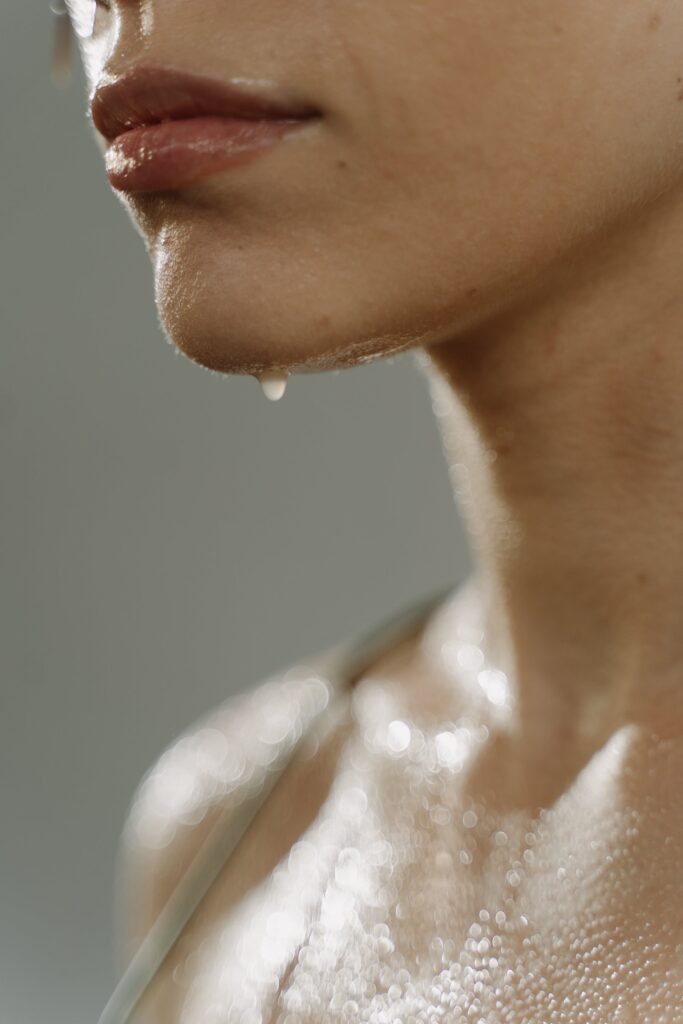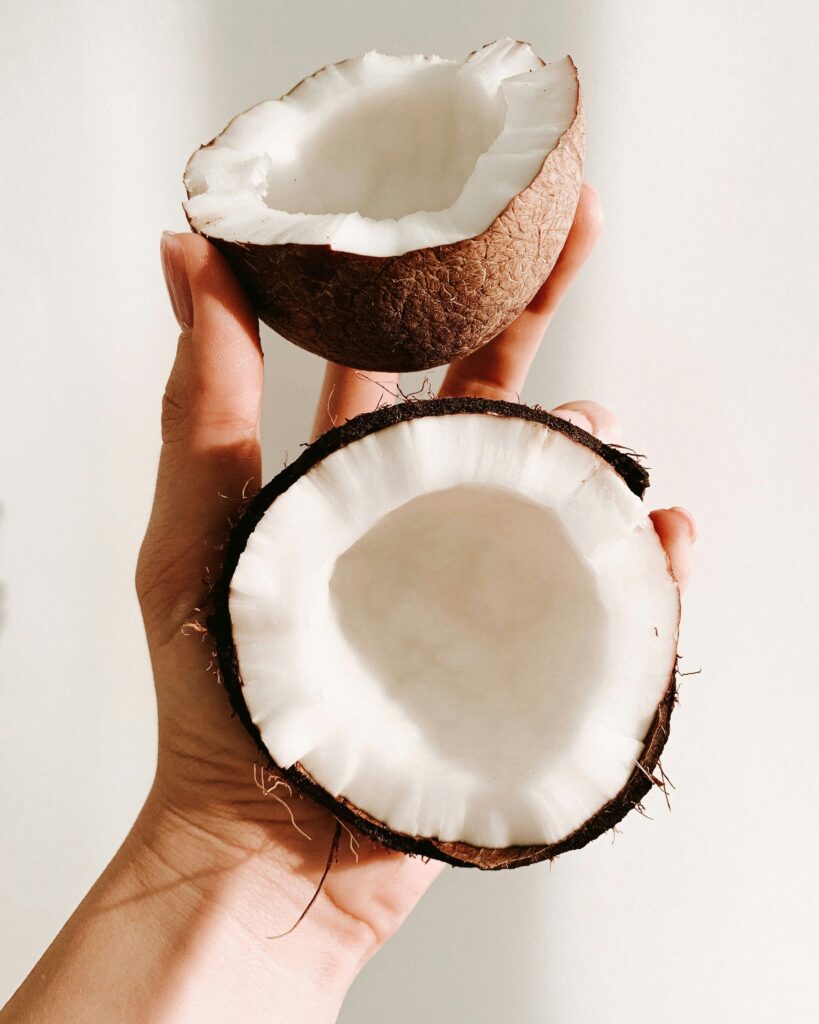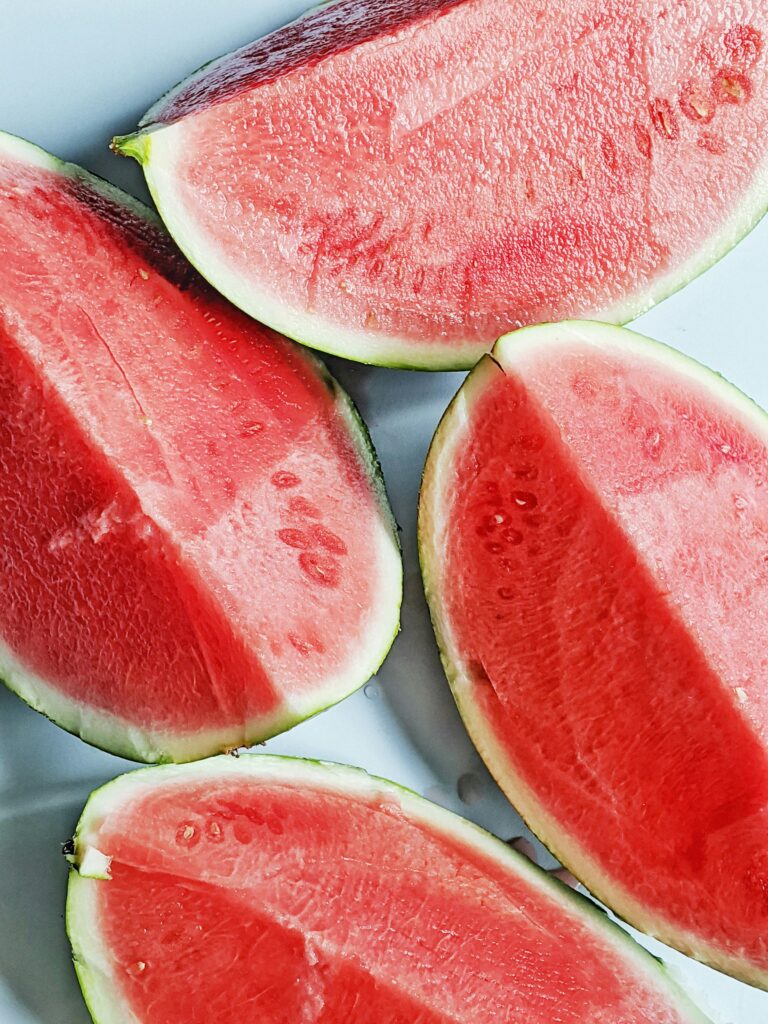I frequently advise my patients to drink enough water to stay adequately hydrated. But how much water is enough?
Hydration is crucial for overall health. Water helps regulate body temperature, supports digestion, cushions joints and aids in nutrient absorption. Staying hydrated is vital for cognitive function, energy levels and maintaining various bodily functions.
A lack of water can lead to dehydration. Even mild dehydration can drain your energy and make you tired. Severe dehydration can affect the brain, cause your blood pressure to drop and also cause kidney failure.
Now our bodies lose water every day through breathing, perspiration, urination and bowel movements. This fluid needs to be replenished but there is no single rule to follow to know how much you need to drink. An individual’s needs depend on many factors — level of activity, the climate where you live and if you have any other health problems.
On average, a healthy adult — in a temperate climate — needs about two to three liters of water a day. This can include fluid that comes from food, but most of it (about 80 percent) comes from drinks. You’ve probably heard the advice to drink eight glasses of water a day, with each glass containing eight ounces or 250ml. Drinking eight glasses of water is easy to remember, and it’s a reasonable goal.
But do you have to force yourself to drink eight glasses of water? Fewer glasses might be enough, while others need more. One gauge of water intake is to drink water and other fluids whenever you feel thirsty. You can also drink one glass of water with each meal and one glass between meals. To check if you are drinking enough, you should rarely feel thirsty and your urine is light yellow in color.



You may need to take more fluids in different situations:
•Exercise. You should drink water before, during and after a workout.
•Hot or humid weather/high altitudes. When it is hot or humid you can sweat more. Dehydration also can occur at high altitudes.
•Sickness. Your body loses fluid whenever you have a fever, vomiting or diarrhea. Drink more water or drink oral rehydration solutions as recommended by your doctor. If you have a urinary tract infections and urinary tract stones you may also need more fluids.
•Pregnancy and breast-feeding. Women who are pregnant and breast-feeding need additional fluids to stay hydrated.
While water is still the best source for hydration, you can also eat fruits and vegetables like watermelon and spinach which are almost 100 percent water by weight. Milk, juices and coffee can also contribute to water intake.
But be wary of the sugar content of some drinks, such as sodas, iced tea, juice and sport drinks. These can add unwanted “empty” calories and cause weight gain and elevations in blood glucose.
One particular note about buko juice or buko water. While it is called “water,” it is still actually juice as it comes from the coconut fruit. Drinking buko juice does not make you healthier and or neither does it protect your kidneys nor repair kidney damage. It is being well-hydrated that will do all that. Too much buko juice can be bad for you if you have diabetes or advanced kidney disease.
Some drink more than enough water to avoid dehydration during exercise, or when they think that more water will make them healthier, so-called water therapy. Drinking too much water is rarely a problem for healthy adults. But when you drink too much water, this can dilute a mineral in the body called sodium. Having low sodium levels is called hyponatremia and it can be life-threatening.
You may be drinking too much water if your urine is usually colorless or if you have to urinate more often than usual. A person with average fluid intake usually urinates six to eight times a day.
If you are unsure on how much water to drink, you can just stick to the popular advice of drinking eight glasses a day and to drink only when you are thirsty. If you have other health problems, ask your doctor to determine the amount of water that’s right for you.
